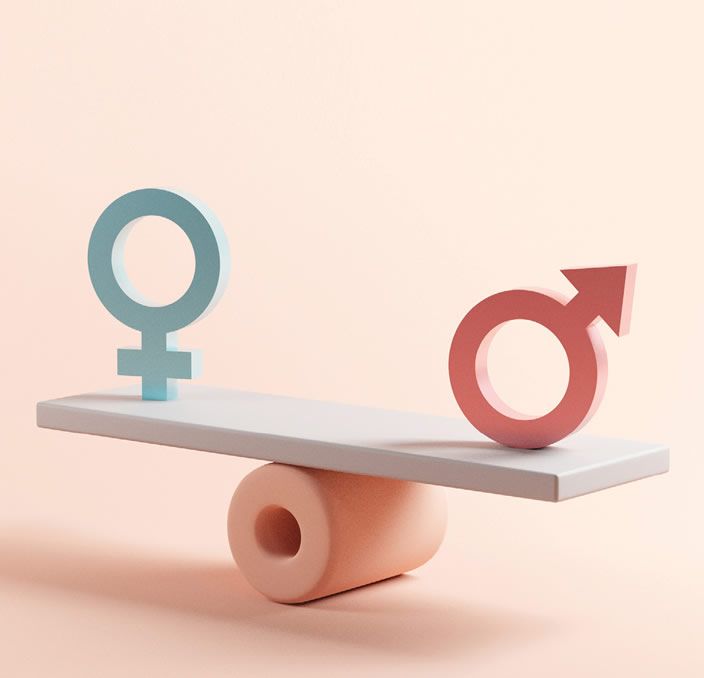
In March the IEU marked International Women’s Day with this year’s theme of Changing climates: Gender equality today for a sustainable tomorrow, writes Jessica Willis.
Explaining the theme, UN Women Australia said it celebrates and recognises the contribution of women and girls around the world who are leading the charge on climate change adaptation, mitigation and response to build a more sustainable future for all.
“Harnessing the skills and knowledge of women to conserve our natural resources and create a healthier, more sustainable planet is central to achieving the 2030 Sustainable Development Goals,” the organisation says.
“Women and girls face greater vulnerability and exposure to disasters and conflicts, and yet they remain largely ignored in developing solutions and their capabilities are often underutilised.
“As the most impacted, women are also a critical part of the solution.”
Gender and climate change
Advancing gender equality within the context of the climate crisis and disaster risk reduction is one of the biggest challenges of the 21st century, according to the United Nations’ entity, UN Women. They argue that climate change will have significant impacts on the environment, as well as women’s economic and social development.
“Those who are amongst the most vulnerable and marginalised experience the deepest impacts.
“Women are increasingly being recognised as more vulnerable to climate change impacts than men, as they constitute the majority of the world’s poor and are more dependent on the natural resources which climate change threatens most.”
However, at the same time, women and girls are leading the way as effective change-makers for climate adaptation and mitigation.
“[Women and girls] are involved in sustainability initiatives around the world, and their participation and leadership results in more effective climate action.”
What is imperative now, is that we keep removing barriers for women and girls to be included in decision-making, policy creation and leadership positions when it comes to climate change, sustainability and disaster and risk management.
Slice of history
In 1910, Clara Zetkin, leader of the Women’s Office for the Social Democratic Party in Germany, tabled the idea for IWD at the second International Conference of Working Women held in Copenhagen.
On 19 March 1911, the first IWD was celebrated with meetings and protests across Europe. The largest street demonstration was estimated to have 30,000 women.
Two years later, the date changed to the one we currently mark, 8 March, and each year the day grows in reach and prominence around the world, celebrating the achievements of women, recognising work that needs to be done and actions that need to be taken.
IWD came to Australia in 1928 when it was organised in Sydney by the Militant Women’s Movement, calling for a foundation of equal working rights: equal pay for equal work; an eight-hour working day for ‘shop girls’ (as shop assistants were then known); and paid leave.
It quickly spread after that to Brisbane and Melbourne, then across the country.
Union action
IEU-QNT Organiser and Equity Committee member Caryl Rosser said our union marks IWD as a day to promote equality for women’s social, political, economic and working rights.
“It’s a day that provides a central point of action and connection for people often divided by national boundaries and cultural, economic and political difference, to discuss issues and celebrate achievements,” she said.
“It is also a day that challenges all Australians to decide the quality of the legacy to be passed onto future generations of working women.
“We encourage IEU members to unite, network and mobilise for meaningful change on IWD as there is still much to achieve, particularly for women’s working rights,” Rosser said.
Here are some actions IEU members can take to support change throughout the year:
- Join the campaign for 10 days paid family and domestic violence leave for all.
- Familiarise yourself with the Respect@Work Report and tell your MPs it should be fully implemented.
- Join the campaign to include Paid Reproductive Leave in your collective agreements.
- Join the Building our Leadership Development (BOLD) Women’s Network organised by our union for member-only professional development and events.
More information
- UN Women: unwomen.org/en
- UN Women Australia: unwomen.org.au.







































































































































